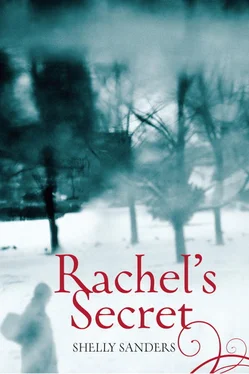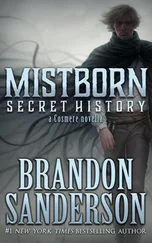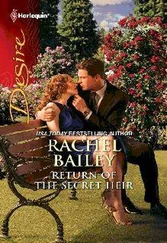Gorodki: An ancient Russian folk sport where the goal is to knock out groups of pins, which are called cities or towns
Gut: Yiddish for “good”
Gymnazium: School
Hamantashen: A triangular pastry with sweet seed filling
Icon: Tempera pictures of religious scenes and figures that adorned church walls and the eastern walls of family homes. Icon images, based on Byzantine art, were important for Orthodox Russians from birth to death.
Kaddish: A prayer recited by mourners after the death of a close relative
Kopeck: A Russian coin. In 1704, Russia was the first country in the world to introduce a decimal monetary system, where 1 ruble equals 100 kopecks.
Kugel: A baked Jewish pudding made from egg noodles or potatoes, usually served as a side dish on Shabbos
L’chayim: To life—a Jewish toast
Lashon-ha-ra: Speaking the truth about somebody, even though it might be hurtful
Maslenitsa: An eight-day carnival, “Butter Week,” where Russians consumed large quantities of blini (small pancakes smothered in butter) at every meal. This fell right before Lent, when butter was prohibited.
Matzah: Unleavened bread eaten by Jews during Passover
Megillah: The Book of Esther, one of the books of the Hebrew Bible. It’s the basis for the Jewish celebration of Purim.
Menshe yiden: Good, honest Jewish people
Mikveh: A bath used for ritual immersion in Judaism, to regain purity
Pirozhki: Baked or fried buns stuffed with either fruit, vegetables, or meat
Purim: Commemorates the biblical story of Esther, which marks the deliverance of the Jewish community that lived in Persia
Samovar: A heated container used to boil water for tea and a symbol of Russian generosity
Shabbat, Shabbos: The most important day of the week (Friday) for Jews. It begins eighteen minutes before sunset and ends on Saturday night about forty-five minutes after sunset. During this time, no work or creative pursuits are allowed.
Shiva: The Jewish tradition of publicly mourning the death of a loved one
Sholom Aleichem: Peace be upon you—a greeting from one Jew to another
Shul: A Yiddish word derived from the German word for school, since the shul is a place of learning and a place of prayer
Sobornost: Community
Troika: Carriage or sled drawn by three horses harnessed side-by-side
Verst: Obsolete Russian unit of length defined as 500 sazhen (3,500 feet; 1.0668 kilometers)
Yarmulka: Skullcap worn by men in the shul
Zeyde: Grandfather
This book would not exist had it not been for the help and support of many wonderful people: Marsha Skrypuch, for pointing me in the right direction; my agent, Margaret Hart, for reading an early version and providing invaluable comments; Ann Featherstone, for showing me how to fully develop characters; Malcolm Lester, for his insight and keen eye; and Margie Wolfe and Second Story Press, for believing in a new writer.
I’d also like to thank Reverend Dr. Morar Murray-Hayes and Rabbi Stephen Wise for reading the manuscript and providing comments to help ensure its accuracy.
A big thanks to my husband, Steven Greer, and my children, Amanda, Bethany, and Ian, for their enduring patience and encouragement.
SHELLY SANDERS has worked as a freelance writer for almost twenty years. Topics she’s covered include mental and physical disorders, environmentally friendly design, and real estate trends.
Rachel’s Secret was inspired by the life of Shelly’s grandmother, a Russian pogrom survivor who fled to Shanghai, and eventually to the U.S. where she received a degree from the University of California at Berkeley.
Shelly lives in Toronto with her husband, three children, two dogs, and two lizards.Visit her online at www.shellysanders.com.
Second Story Press
Library and Archives Canada Cataloguing in Publication
Sanders, Shelly, 1964-
Rachel’s secret / Shelly Sanders.
Issued also in electronic format.
ISBN 978-1-926920-37-5/E-ISBN 978-1-926920-46-7
I. Title.
PS8637.A5389R33 2012 jC813’.6 C2011-908650-6
Copyright © 2012 by Shelly Sanders
Editor: Malcolm Lester
Line and Copy Editors: Kathryn White, Katie Todd
Design: Melissa Kaita
Cover photo © iStockphoto
Printed and bound in Canada
Second Story Press gratefully acknowledges the support of the Ontario Arts Council and the Canada Council for the Arts for our publishing program. We acknowledge the financial support of the Government of Canada through the Canada Book Fund.
Published by
Second Story Press
20 Maud Street, Suite 401
Toronto, ON M5V 2M5
www.secondstorypress.ca
















